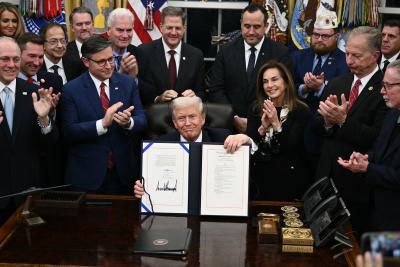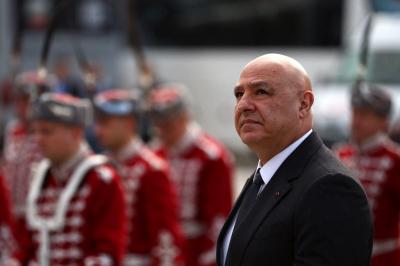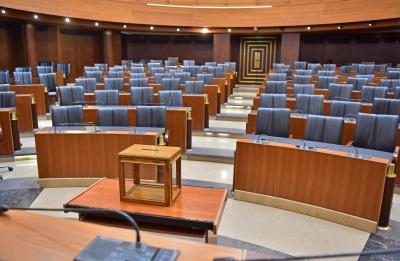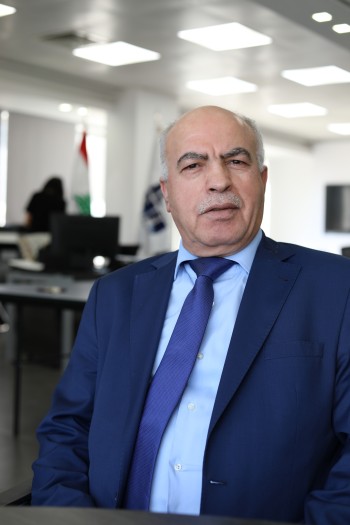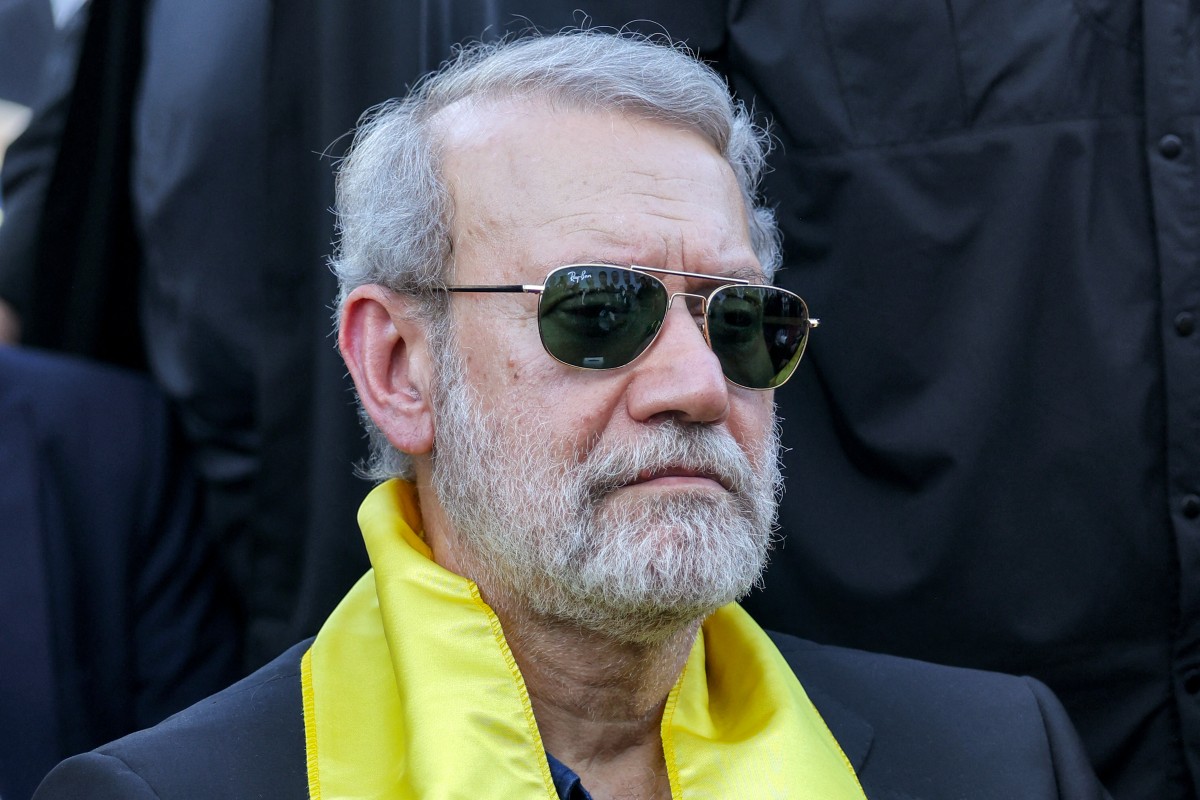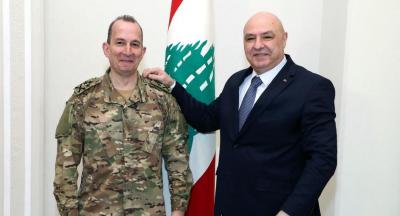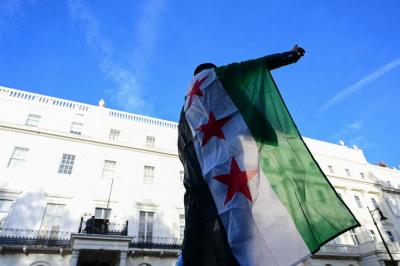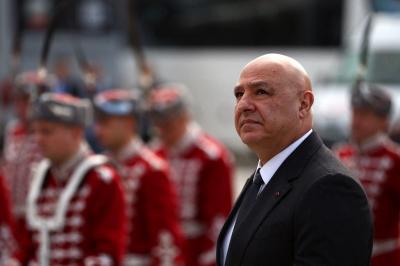The political uproar that surrounded “Hezbollah’s” projection of its two leaders—Sayyed Hassan Nasrallah and Sayyed Hashem Safieddine—onto Beirut’s Raouche Rock on the first anniversary of their assassination did little to derail the group’s initiative toward Saudi Arabia. “Hezbollah,” true to its pragmatic tradition, shows no intention of retreating, while Riyadh, also true to its realistic instincts, has not rejected the overture—despite offering no formal response and regardless of objections, reservations, or cautious endorsements from various quarters.
From Doha to Tehran: Regional Realignments
The recalculations launched by the recent Arab-Islamic summit in Doha—held in the wake of Israel’s strike on Qatar—are still unfolding. Tehran is now working to shape a regional Arab-Islamic front to confront these threats, focusing heavily on Saudi Arabia but extending to the wider region as well. The Israeli strike came just after Prime Minister Benjamin Netanyahu unveiled his “Greater Israel” map, which threatens the very existence of some Middle Eastern states and redraws the borders of others—his own way of selling the project of “changing the face of the Middle East.”
The second visit to Lebanon by Ali Larijani, secretary of Iran’s Supreme National Security Council, since assuming his post, is closely tied to “Hezbollah’s” initiative toward Riyadh. His trip clarified that Tehran was not merely informed of the move, but in fact helped engineer it and remains among its strongest backers.
A Cautious Saudi Welcome
Although the Kingdom has not announced any official position, all indicators suggest a soft Saudi acceptance of the initiative—without abandoning its firm stance on Lebanon: all weapons must remain under state control, and the Lebanese state itself must be strong, central, and inclusive. Riyadhh reiterated this position at the UN General Assembly through Foreign Minister Prince Faisal bin Farhan.
The timing suggests that structured dialogue between Riyadhh and “Hezbollah” may not be far off. Larijani’s visit appeared to follow up directly on “Hezbollah’s” move toward the Kingdom, which reportedly came at his own suggestion.
Still, when Saudi envoy Prince Yazid bin Farhan visited Beirut shortly after Larijani’s trip to Riyadh—and just hours after Sheikh Naim Qassem publicly unveiled the initiative—the Kingdom refrained from issuing any formal response.
Saudi Ambassador Walid Bukhari nevertheless underscored the familiar constants of Saudi foreign policy toward Lebanon during his speech at the Kingdom’s National Day celebration: support for Lebanon’s state institutions, respect for Lebanese choices, and a firm belief that legitimacy is the cornerstone of any national framework. He praised the Lebanese government’s decision to reaffirm the principle of exclusive state control over arms as “a foundational step toward restoring Lebanon’s sovereignty and building a state of law.”
What caught many ears, however, was Bukhari’s explicit praise for Speaker Nabih Berri’s role in bridging divides and reinforcing a unifying national track—an indication of Riyadh’s growing reliance on Berri as a central mediator in the wake of “Hezbollah’s” outreach.
Waiting for Riyadh
Larijani reportedly carried to both Berri and Sheikh Qassem new signals from Riyadh regarding the initiative. While the exact content has not been made public, the indications appear positive and are expected to become clearer soon through subsequent Saudi and “Hezbollah’s” moves.
For now, the relationship seems headed toward a lowering of tensions rather than a full reconciliation. The ball lies in Riyadh’s court as it tests its new leverage in Lebanon by backing state institutions. Any real progress will depend on concrete concessions from “Hezbollah,” particularly regarding its arsenal and regional interventions—areas where the group has shown no serious willingness to compromise. The more likely trajectory is continued indirect dialogue, channeled through Lebanese or Iranian mediators.
The Objectives of Larijani’s Visit
Larijani’s trip carried four clear objectives:
First, to brief Lebanese leaders on Iran’s effort to build a new regional front against Israel following the strike on Qatar.
Second, to warn Israel against miscalculations in Lebanon, stressing that “Hezbollah” does not need arms shipments from outside.
Third, to reaffirm to Lebanese officials that progress for Lebanon can only come through dialogue and consensus, denying adversaries the chance to exploit internal rifts.
Fourth, to signal through Iran’s high-level participation in the memorial for Sayyed Hassan Nasrallah that Tehran stands firmly with Lebanon and is ready to extend support in all fields.
In essence, Larijani sought to deliver deterrent messages to Israel, warning it against a new misadventure. He made clear that Iran will not stand idle in the event of aggression against Lebanon—especially at a time when speculation is mounting about an Israeli move on Lebanon’s northern and eastern borders.
Please post your comments on:
[email protected]
 Politics
Politics


